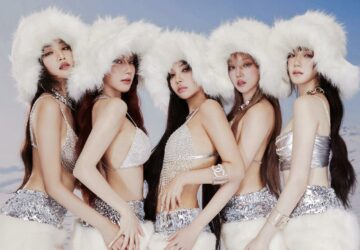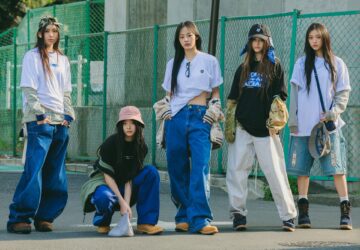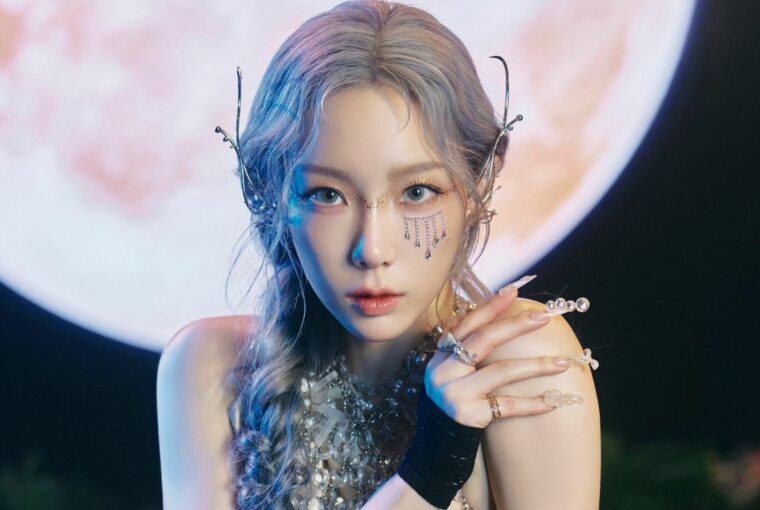Taeyeon’s candid revelation about her dissatisfaction with the Korean music shows sparked a conversation within the K-Pop community and shed light on the challenges faced by artists in the industry.
GIRLS GENERATION’s Taeyeon Admits She Doesn’t Like Music Shows
As a seasoned performer with years of experience under her belt, her decision to forgo music show promotions for her latest release “To. X” highlighted the complexities and limitations of the current system.
Music shows have long been a staple in the K-Pop industry, serving as a platform for artists to showcase their latest songs and compete for recognition. However, Taeyeon’s comments in a new YouTube video with Super Junior’s Eunhyuk and Donghae underscored the drawbacks of this system, particularly the grueling schedules and demanding production requirements that artists must adhere to.
The early morning recording sessions and pre-recording schedules often force artists to perform at odd hours, disrupting their sleep patterns and affecting their overall well-being. Taeyeon’s reluctance to participate in such practices reflects a broader sentiment within the industry, where artists increasingly prioritize their health and artistic integrity over traditional promotional methods.
Moreover, Taeyeon’s decision to focus on alternative forms of content to promote her music speaks to the changing landscape of the K-Pop industry. With the rise of social media and digital platforms, artists have more opportunities to engage with their fans directly and showcase their creativity beyond the confines of traditional music shows.
Despite her absence from music show promotions, “To. X” enjoyed considerable success both domestically and internationally, demonstrating Taeyeon’s enduring popularity and the strength of her music. The song’s chart performance reflected the loyalty and support of her dedicated fanbase, who continued to show their love for her music despite the lack of traditional promotion.
Overall, Taeyeon’s decision to speak out against the shortcomings of the music show system sparked important conversations about the welfare of artists and the need for industry-wide reform. As the K-Pop industry continues to evolve, it is crucial for stakeholders to address these concerns and create a more sustainable and artist-friendly environment for all involved.







